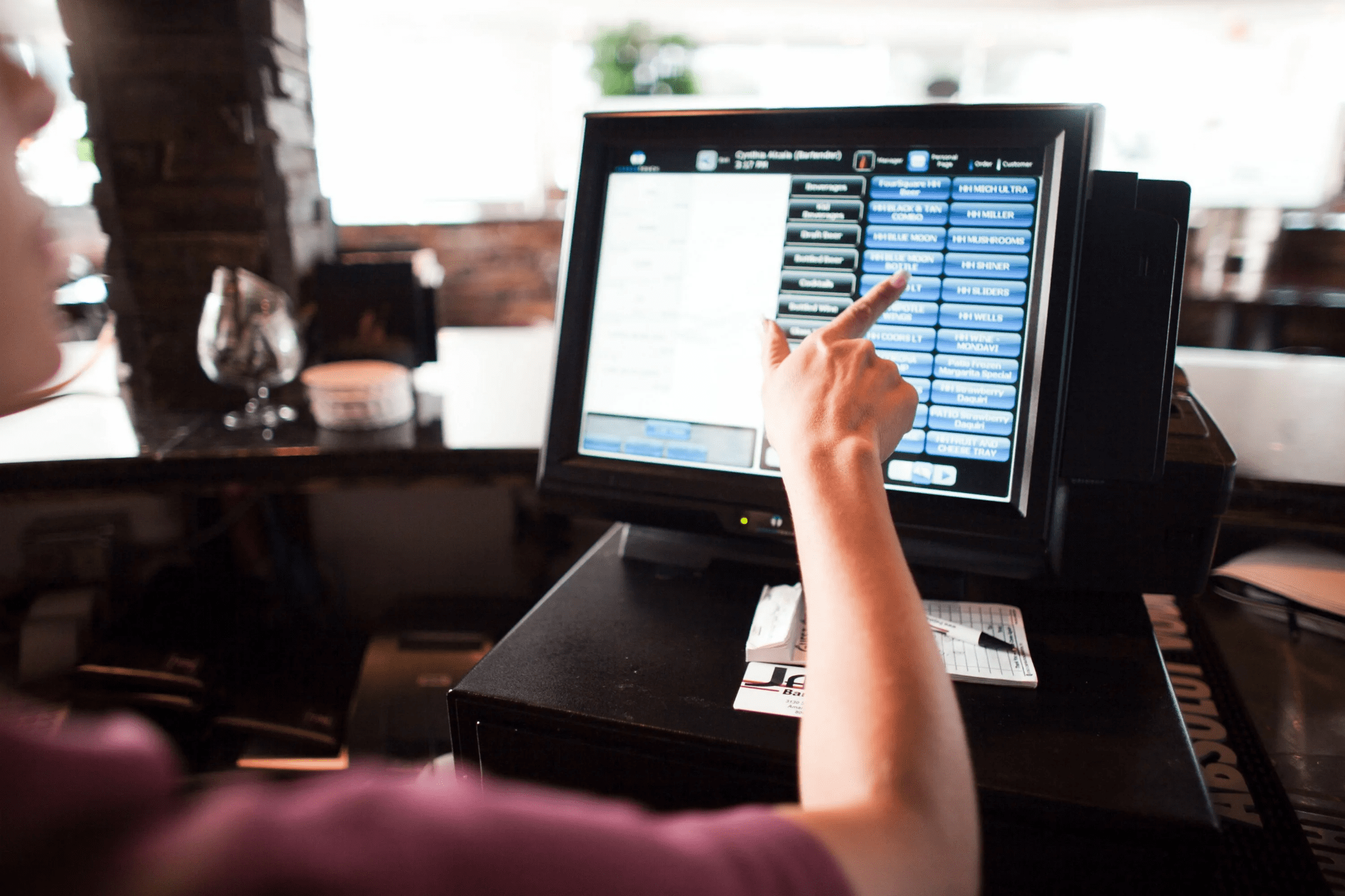
Startups are companies that are just starting out on the market with a unique idea but without strong support behind them. They mostly have a tight budget and innovative technologies in the core to attract customers interested in it. Probably the only way for the startup to keep alive and burst into the competitive race is by producing something never seen before. Would you like to visit a robot cafe? Or get your Friday pizza delivered by the drone?
If you’re looking for something new and unusual for everyday customers, blockchain technology can definitely help you with that. Many startups have already taken advantage of a decentralized system of data sharing. Wonder what are they?
Why startups should pay attention to the blockchain?
The main idea of Bitcoin, the first blockchain, is to make the financial transactions independent from third parties, like banks. The sharp question was how to guarantee the security of transactions when there will be no qualified bank officers who check and validate them. It becomes possible for cryptographic algorithms and mining processes.
Later, creators of the Ethereum network opened even more possibilities to use the new technology. They invented software for automated execution of a predefined set of conditions, so-called smart contracts. Nowadays, developers around the globe use the Ethereum protocols to launch their own platforms and cryptocurrencies.
In fact, Bitcoin and Ethereum turn the digital world upside down. What’s more, they’re open-source projects meaning almost everyone can use them to launch a new project. You just need to find the way how can blockchain make people’s life easier — and you have a near-perfect foothold for your startup.
Blockchain startups worth attention in 2021
Trend: Optimising business processes
- TraDove
TraDove uses blockchain to help businesses accelerate their sales. If inconsistent buying and selling processes, lack of communication and transparency, and finding the right supplier are pain points for your business, you should definitely try their services. TraDove authenticates users using its own blockchain protocols.
The company’s blockchain platform also uses AI to connect the right buyers to the right sellers, track the supply chain, and acts as a communication tool for potential customers. You may be surprised to find out that big companies like Amazon, John Deere, Lowes, and IKEA are already using TraDove.
- TimeChain
Indian startup TimeChain focused on educating enterprises looking to transform their current business and IT systems to take advantage of blockchain technology. It provides research & development services, builds proofs-of-concept (POC), and prototypes of end products with full-scale development plans. Additionally, the startup helps companies to find and hire the right talent.
- Neufund
Founded in 2016, a fintech startup from Berlin, Neufund, connects investors and entrepreneurs around the globe. The project has already carried out an equity public offering (EPO) in addition to the digitization of their capital.
The platform’s blockchain links on-chain tokens with real capital to comply with local laws. Thus, any registered startup from any corner of the world can conduct an IPO on the blockchain.
Trend: Automated compliance checks
- Chainalysis
It’s a blockchain data platform aiming to help banks, businesses, and governments have a clear understanding of how people use cryptocurrency. They provide software for investigation and compliance processes to help institutions identify and prohibit funds involved in illegal activity. At the time of writing, Chainalisys helped to uncover many of the world’s most high-profile cybercrimes. The platform is also contributing to trust across the ecosystem and blockchain acceptance worldwide.
- Coinfirm
Founded in early 2016, Coinfirm is a blockchain analytics platform providing AML solutions worldwide. The company performs over 270 users activity checks to establish their digital reputation as well as classify their risk status. Meanwhile, it doesn’t require an individual to provide personal data.
Given the fact that cryptocurrencies are regulated commodities included in the 5th AML directive, Coinfirm’s services have the potential to grow in popularity in the near future.
- Fetch.AI
The company is an Artificial Intelligence Lab based in Cambridge. It builds a blockchain-based machine learning platform that enables secure exchange, connection, and funds transferring.
The use of AI helps Fetch.AI understand the characteristics of illegal transactions. This gives its end users the foresight to raise the alarm when unusual movements occur in the system, thus effectively managing risks.
Trend: Efficient healthcare
- Solve.Care
A global blockchain technology company focused on solving the problems of the healthcare system. The platform was launched after acquiring UKRSOFT, an IT services company with 17 years of experience researching, developing, and deploying enterprise solutions for companies in different regions.
The Solve.Care team believes that the healthcare system is failing due to bureaucracy. The problem is that patients are bogged down in trying to coordinate care, payments, and benefits.
Thus, the startup uses the blockchain as a decentralized system to administer and manage payments and benefits. With Solve.Care, clinics, healthcare providers, insurance companies, benefits administrators, and corporations are now all in one place.
- Genomes.io
This platform can be your digital DNA bank. They store your genomic data within your personal DNA Vault, which harnesses cutting-edge Secure Encrypted Virtualisation Encrypted-State (SEV-ES) and blockchain technologies. What’s more, Genom.io provides access to clinical-grade 30x full genome sequencing and personalized genomic reports based on this data.
All users decide on their own whether to share their genome information or not. Sometimes these data can help in different researches. Genomes.io is now working on rewarding users with ETH for sharing their DNA data with verified researchers.
Would you agree to share your DNA for the crypto reward? This data could help to develop the treatments or study the origin of some diseases. And you receive a portion of digital assets which you can later exchange for fiat funds. For instance, you can sell Ethereum (ETH) for dollars on the regulated CEX.IO Exchange and then withdraw these funds to your debit or card, bank account (via SWIFT, SEPA, etc), and digital wallet (Skrill, Epay, Advcash).